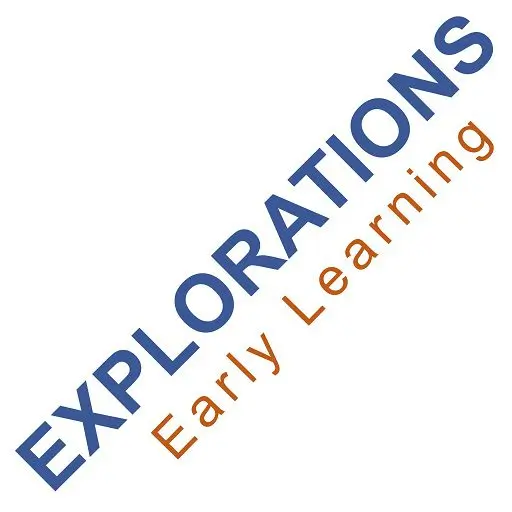Your cart is currently empty!
Understanding Heavy Work

Description
Heavy work refers to activities that push or pull against the body or involve carrying. Such activities support physical, social, and emotional development. Sadly, 21st-century kids engage in much less heavy work than previous generations. This training looks at heavy work’s role in learning and development, shares many examples of heavy work, and explores ways to provide kids with more opportunities to engage in heavy work.
Outcomes / Goals
Attendees will:
- Understand the definition of heavy work and its role in learning and development
- Investigate a variety of playful heavy work activities
- Explore ways to provide children with more opportunities to engage in playful heavy work
Competency Area
- Alabama | Learning Experiences And Enrichment / Child Development
- Illinois | Curriculum Or Program Design
- Michigan | Teaching And Learning
- Missouri | Use A Broad Repertoire Of Teaching Skills And Strategies For Learning
- Nebraska | Planning Learning Experiences And Curriculum
- Oklahoma | Learning Environments And Curriculum
- South Dakota | Learning Environments
- Wisconsin | Learning Experiences, Strategies, And Curriculum
- CDA | Advancing Children’s Physical And Intellectual Development
Clock Hours
Available in 60 and 90-minute formats
Agenda
This is the breakdown for the 60-minute version of the session:
| Topic | Time | Activity |
|---|---|---|
| Introduction | 03 minutes | Monologue |
| Understanding Heavy Work | 10 minutes | Discussion |
| Heavy Work Examples | 25 minutes | Discussion |
| Supporting Heavy Work | 20 minutes | Discussion |
| Conclusion | 02 minutes | Monologue |
Related Resources
This session is based in part on content from my books:
- Let Them Play
- Let’s Play
- Let’s All Play
Content Level
Beginner / Beginner / Intermediate
Age Group Focus
- Toddlers (12 months to 36 months)
- Preschool (36 months to 5 years)
- School Age (5 years to 12 years)
- Adults
Target Audience
- Family Child Care Providers
- Child Care Center Teachers
- Child Care Center Directors
- Head Start Teachers
- Head Start Administrators
- Early Head Start Teachers
- Service Coordination Staff
- Technical Assistance Specialists
- Home Visitors
- Parents
